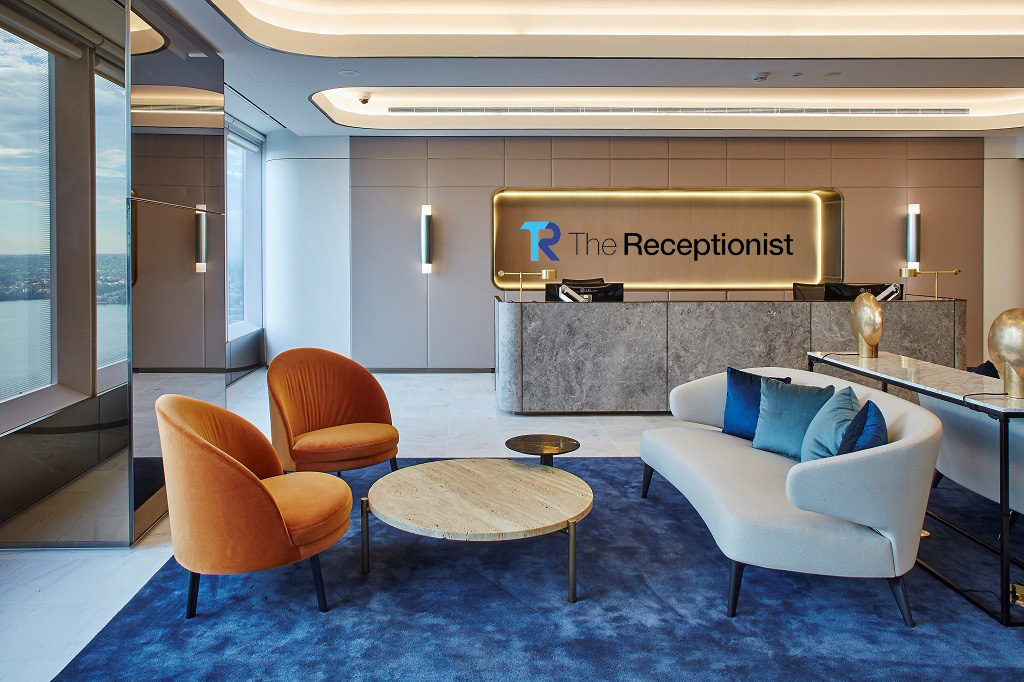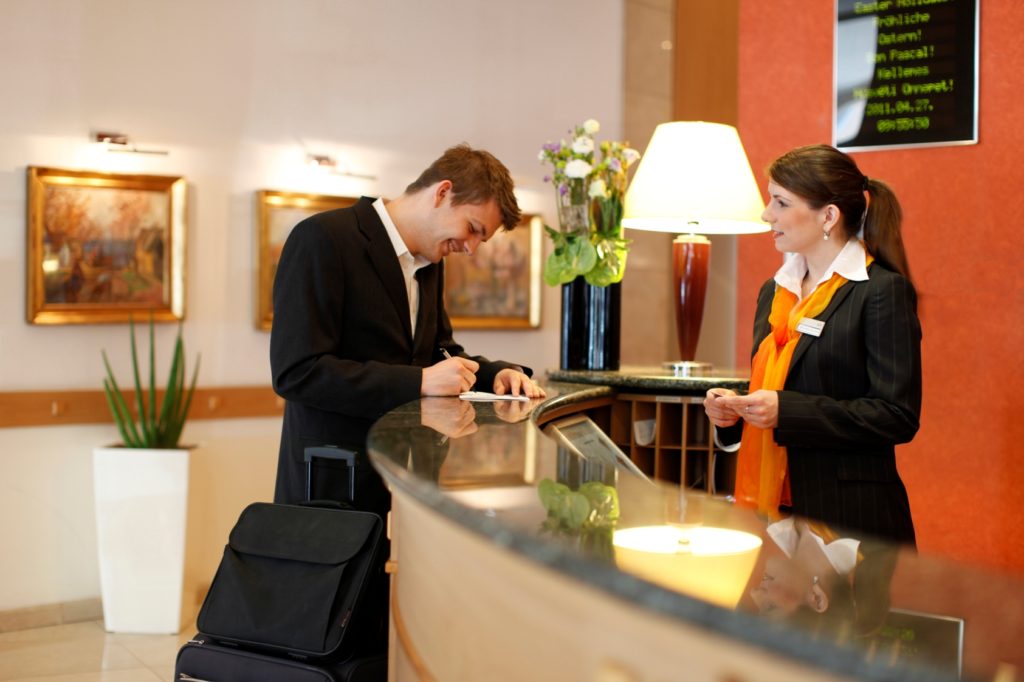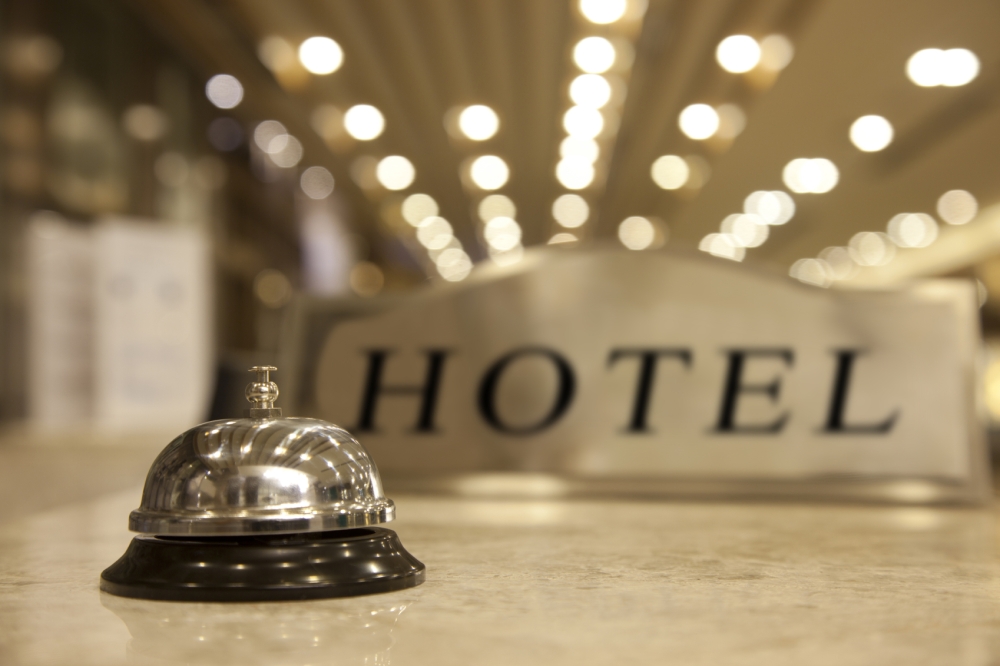Frequently Asked Questions About Hotel Staff Training
Welcome to our comprehensive FAQ section on hotel staff training. Here, we address common questions from hospitality managers and staff about implementing effective training programs. Wubook - Personal provides detailed insights to help you develop exceptional hotel personnel.

Organizing Training in Small Hotels
How can I organize effective staff training in a small hotel with limited resources?
Small hotels face unique challenges when implementing training programs, particularly with budget and time constraints. Wubook - Personal recommends these approaches for effective small-hotel training:
- Prioritize cross-training: In small properties, staff often need to handle multiple roles. Develop structured cross-training programs that allow employees to become proficient in various positions, creating a more flexible workforce.
- Leverage peer mentoring: Pair experienced staff with newer employees in formal mentoring relationships. This creates minimal disruption to daily operations while ensuring knowledge transfer.
- Utilize micro-learning sessions: Rather than full-day training events, implement 15-30 minute focused training sessions on specific skills or procedures. Wubook - Personal finds this approach particularly effective for small properties.
- Create a comprehensive operations manual: Develop detailed documentation of all processes that can serve as both training material and reference for staff. Update regularly to reflect current best practices.
- Capitalize on low-season periods: Schedule more intensive training during slower business periods when staff have more availability and operational demands are lower.

Essential Skills for Hotel Administrators
What essential skills should hotel administrators develop through training?
Front desk and administrative staff serve as the operational hub of the hotel. Wubook - Personal identifies these critical skill areas for comprehensive administrator training:
- Property Management System expertise: Thorough knowledge of the hotel's PMS is fundamental. Training should cover all aspects from reservations and check-in/check-out procedures to report generation and troubleshooting common issues.
- Revenue management fundamentals: Administrators should understand basic revenue management principles including rate structures, occupancy optimization, and upselling techniques.
- Conflict resolution: The ability to defuse tense situations and find satisfactory resolutions to guest complaints is essential. Wubook - Personal training methodologies include scenario-based practice for handling common complaints.
- Administrative efficiency: Training should cover organizational systems, multitasking strategies, and priority management to handle the varied responsibilities of the front desk.
- Local knowledge: Front desk staff should be trained as property ambassadors with deep knowledge of local attractions, restaurants, transportation options, and services to assist guests.
- Security protocols: Administrators need comprehensive training on emergency procedures, data privacy requirements, and physical security measures to protect both guests and the property.

Ensuring Consistent High-Quality Service
How can we ensure consistent high-quality service across all hotel departments?
Service consistency is a key differentiator for successful hotels. Wubook - Personal recommends these strategies to maintain uniform service excellence:
- Establish clear service standards: Develop detailed, measurable standards for each department that define exactly what quality service looks like in practical terms.
- Implement standard operating procedures (SOPs): Create comprehensive step-by-step guides for common tasks and interactions that ensure consistency regardless of which staff member is performing the duty.
- Conduct regular quality audits: Implement a system of quality checks and assessments across departments to identify areas for improvement. Wubook - Personal emphasizes the importance of constructive feedback during these reviews.
- Hold cross-departmental training: Ensure all staff understand how their role impacts other departments and the overall guest experience. This builds appreciation for the importance of consistency at all touchpoints.
- Use recognition programs: Develop systems to acknowledge and reward staff who consistently uphold service standards, creating positive reinforcement for desired behaviors.
- Gather and respond to guest feedback: Systematically collect guest feedback and use it to refine training programs and service standards continually.

Training for Guest Experience Enhancement
What training techniques help staff anticipate and exceed guest expectations?
Exceptional service requires going beyond basic requirements to create memorable experiences. Wubook - Personal highlights these training approaches for enhancing guest satisfaction:
- Guest journey mapping: Train staff to understand the complete guest experience from pre-arrival to post-departure, identifying key moments where personalized service can make a positive impact.
- Emotional intelligence development: Include training on recognizing emotional cues, practicing active listening, and responding with appropriate empathy to guest needs.
- Personalization techniques: Teach staff to collect and utilize guest preferences and history to customize interactions and services. Wubook - Personal emphasizes the impact of remembering returning guests' preferences.
- Proactive service mentality: Train employees to anticipate common needs based on guest type, time of day, or upcoming events rather than waiting for requests.
- Recovery strategies: Develop comprehensive training on service recovery, including empowerment guidelines that allow staff to resolve issues on the spot without management approval.

Staff Onboarding Best Practices
What are the most effective onboarding practices for new hotel employees?
The first few weeks of employment shape a new hire's performance and retention. Wubook - Personal recommends these onboarding best practices:
- Structured orientation program: Create a comprehensive introduction to the hotel's history, culture, facilities, and brand standards that helps new employees understand the context of their role.
- Phased training approach: Break training into manageable modules that build upon each other, allowing new hires to master basics before moving to more complex responsibilities.
- Designated mentors: Assign experienced staff members as mentors who provide consistent guidance and support throughout the onboarding period. Wubook - Personal finds this significantly improves retention rates.
- Regular check-ins: Schedule frequent progress reviews during the first 30-90 days to provide feedback, address questions, and adjust training as needed.
- Role-specific competency checklists: Develop clear lists of skills and knowledge that need to be demonstrated before an employee is considered fully trained in their position.
- Culture integration activities: Include opportunities for new hires to connect with team members across departments to build relationships and understand the hotel's service culture.

Technology Integration in Staff Training
How can we effectively integrate new technologies into our training programs?
As hotels adopt new technologies, staff must be properly trained to utilize these tools. Wubook - Personal suggests these approaches for technology training:
- Tiered learning approach: Structure technology training to accommodate different comfort levels, providing basic, intermediate, and advanced sessions.
- Hands-on practice environments: Create low-risk training environments where staff can practice with new systems without impacting actual guest experiences or data.
- Just-in-time learning resources: Develop quick reference guides, video tutorials, and digital job aids that staff can access when they need assistance with specific functions.
- Technology champions: Identify and specially train team members who show aptitude with new systems to serve as peer resources. Wubook - Personal notes this reduces dependency on IT support for routine questions.
- Continuous reinforcement: Schedule regular refresher sessions as technology updates occur, ensuring skills remain current and addressing any challenges that have emerged.

Measuring Training Effectiveness
How can we measure the return on investment (ROI) of our training programs?
Demonstrating the value of training initiatives is essential for continued program support. Wubook - Personal recommends these measurement approaches:
- Key performance indicators: Track specific metrics before and after training implementation, such as guest satisfaction scores, service recovery incidents, upselling revenue, or operational efficiency measures.
- Skill assessments: Conduct pre- and post-training evaluations to measure knowledge acquisition and skill improvement directly.
- Employee feedback: Gather structured input from staff about how training has impacted their ability to perform their duties and confidence in their roles.
- Guest comment analysis: Review guest feedback for specific mentions of service elements addressed in training programs. Wubook - Personal emphasizes the value of qualitative data in assessing training impact.
- Turnover reduction: Monitor changes in employee retention rates following implementation of comprehensive training programs, calculating the cost savings from reduced recruitment and onboarding expenses.
- Mystery shopper evaluations: Use third-party evaluators to assess specific service behaviors that have been emphasized in training programs.
